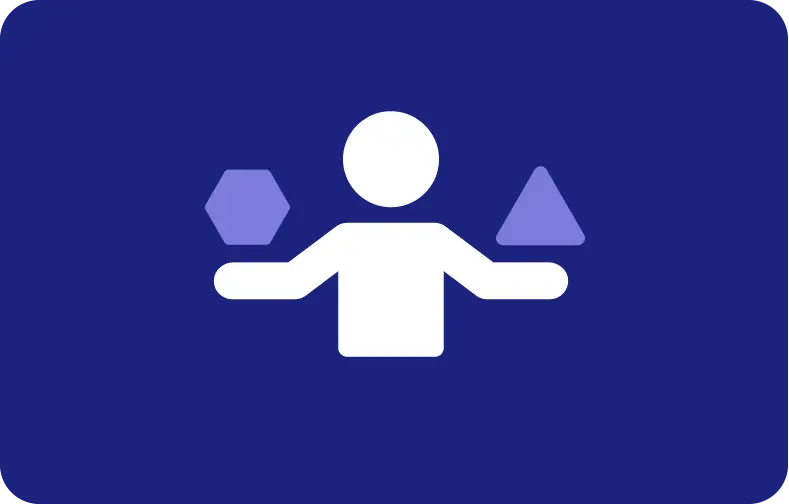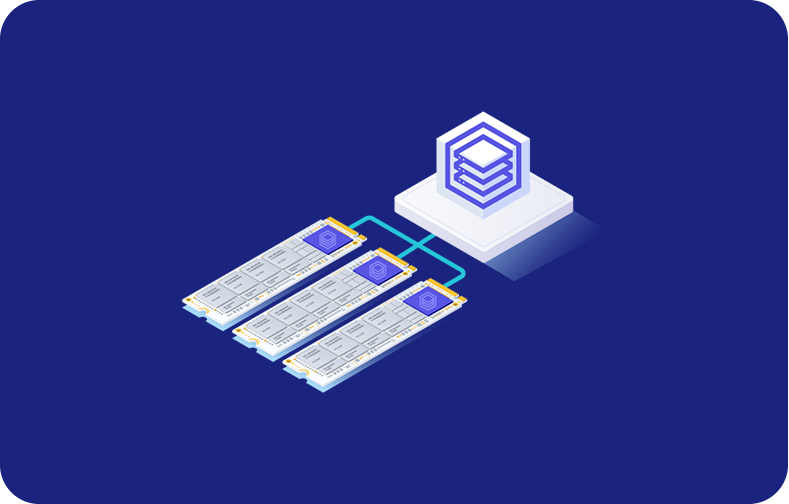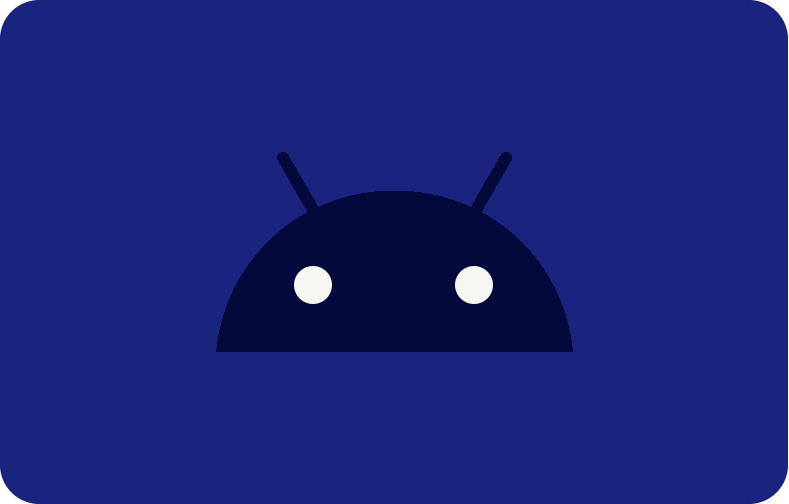Decoding PHP, Learn From Basics to Benefits
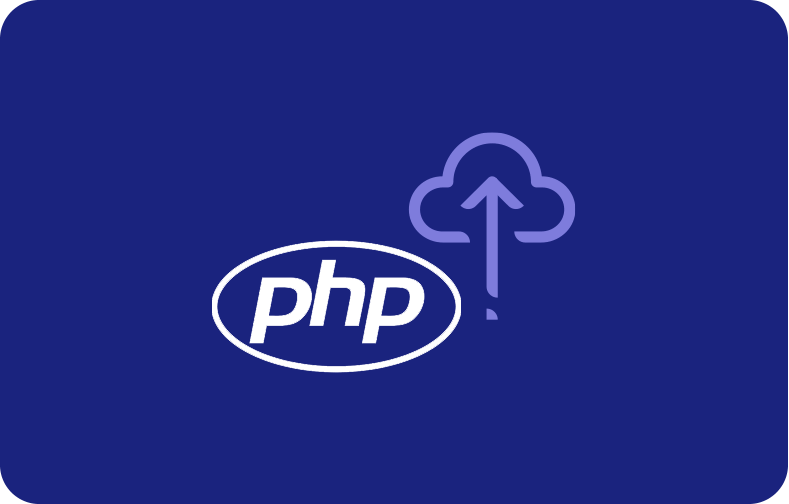
PHP is a lighthouse of strength and adaptability in the huge web development field. "Decoding PHP: Learn from Basics to Benefits" is a trip as much as an article. It is a journey that takes you from a rudimentary understanding of what PHP stands for to its profound benefits in the kingdom of web development.
An exploration of PHP's syntax and semantics sheds light on the language's function in developing interactive and dynamic web pages. Looking to learn more about PHP? This detailed guide is the perfect way to get started, whether you're a beginner just starting to learn programming or an expert developer looking to learn more.
Meaning Of PHP

This programming language is a widely used tool for web development, allowing developers to create dynamic and interactive web pages.
The server executes the PHP code, and the browser gets basic HTML. Two of PHP's most prevalent uses are
-
developing client-side GUI apps
-
command-line scripting.
Because of its versatility and compatibility with many databases, PHP is easily integrated into HTML. Building dynamic and interactive websites has never been easier than with this incredible tool.
Common Applications Of PHP

PHP is a flexible scripting language that finds applicability in many different contexts. Some common examples are as follows:
Command-Line Scripting

A browser or a server is run by PHP script independently which requires PHP parser to be utilized in this way. This usage of PHP is the best for use in scripts that are executed by using task scheduler on Windows or cron e.i. Linux or Nix.
E-commerce Websites

PHP is a popular choice for developing e-commerce websites. It can handle sessions, efficiently manage user carts, and securely process payments.
Web Content Management Systems

PHP is a popular choice for developing web content management systems. WordPress, a widely used content management systems architecture, is developed using PHP.
Web-Based Applications

Developing web-based apps, like
-
customer relationship management (CRM) systems
-
enterprise resource planning (ERP) systems
-
various other business applications
Server-Side Scripting

To create this work, you'll require three essential components: the PHP parser, a web server, and a web browser.
Interacting with Databases
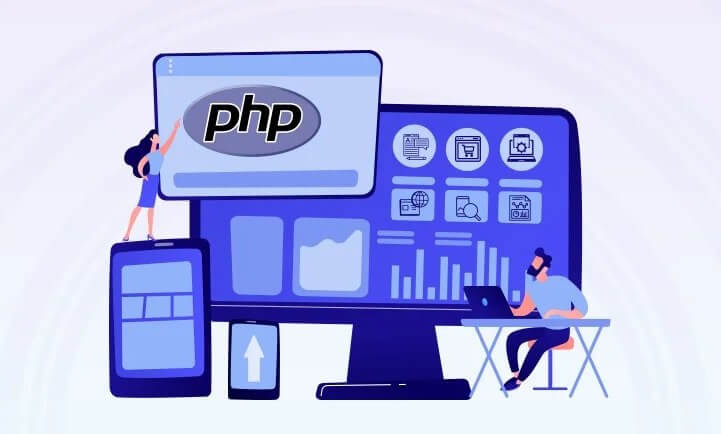
PHP can interact with a wide range of databases, making it ideal for applications that require database interaction.
Creating Online Forums, Picture Galleries, and PDF Files

Developing online forums, picture galleries, and PDF files is a common use case for PHP file in website and web app development. It can create these and even manipulate PDF files.
Dynamic Websites

PHP enables the generation of dynamic page content, enabling websites to adapt and modify based on various factors, such as
-
user input
-
time of day
-
location
Benefits Of PHP

Scripting on the server with PHP has several benefits. Here are some of the key benefits PHP users can get:
-
Usability: PHP is well known for being simple. PHP is very easy to understand, even if the user is a beginner.
-
Economical: PHP is an open-source language that is cost-free and economical. No costly software specific needs to be purchased to begin utilizing PHP.
-
Adaptability: PHP offers great flexibility during and after a project's completion. PHP's versatility contributes to its increasing appeal among the web developer community.
-
Combination: Almost 30% of web applications across multiple industries utilize PHP. Many more technologies are easily connected with PHP, such as
-
Pusher
-
Memcache
-
MongoDB
-
-
Community Assistance: A sizable freelance PHP developer community exists for PHP, and they are always willing to assist. Many blogs, forums, and other learning tools are available.
-
Structures: PHP offers several frameworks that make development easier, faster, and more manageable. Some well-known PHP frameworks are CodeIgniter, Symfony, and Laravel.
-
Achievement: The performance of PHP is improved with OS version 7 and above, which makes it a good pick for applications that are required to run at a faster speed.
-
Variety of Platforms: PHP supports a variety of Platforms, including
-
Windows
-
MacOS
-
Linux
-
Other Unix versions
-
-
Testing and Troubleshooting: Developers should appreciate tools like PHPUnit for testing and XDebug for debugging; they can test and debug their code more simply.
-
Integrated Features: Many built-in PHP functions facilitate emailing, creating PDFs, and picture manipulation.
Experiencing A Decrease In Popularity

PHP, previously the most prevalent programming language globally, has experienced a gradual decline in prominence. Despite its decline, the primary focus of PHP continues to be a major force in the web development industry. This article examines the factors contributing to PHP's declining prevalence.
A Shifting Landscape for Web Development
One of the main reasons for PHP's decreasing popularity is the quick change in the web development scene, which has led to the rise of other languages and frameworks.
Contemporary Frameworks and Languages
Previously the clear champion in web programming, PHP is now up against fierce competition. Prominent programming languages such as JavaScript, Python, and C have captured the attention of the freelance PHP developer community due to their robust functionality and adaptability.
Increased Use of TypeScript
PHP has been replaced by TypeScript, a superset of JavaScript, in the context of developing more complicated web apps. Many developers value TypeScript's static typing feature because it makes writing more reliable and manageable code easier.
Sustainment and Profusion of Entry-Level Developers
An additional element contributing to PHP's decline is its exorbitant maintenance expenses. Ancient PHP codebases, in particular, can be challenging to maintain and update. Moreover, the prevalence of novice programmers within the PHP community may occasionally result in inadequately constructed code, exacerbating the challenges associated with upkeep.
The Prevalence of Platforms for Software as Services
Additionally, the proliferation of software platforms as a service (PaaS) has affected PHP's popularity. These platforms frequently offer their own backend development solutions, eliminating the need for server-side scripting languages such as PHP.
Who Utilizes PHP?
Despite competition from other programming languages, PHP remains a prevalent choice for web development. The following are some prominent entities that employ PHP:
Facebook (FB)

PHP powers Facebook's website, the giant of the social media world. Facebook was founded in 2004 as a simple, server-rendered PHP website. PHP, famed for its simplicity and ease of use, enabled speedy development throughout Facebook’s early stages. However, as Facebook grew and user expectations evolved, so did the technology underpinning it. Facebook unveiled Hack, a programming language that retains the familiar syntax of PHP but adds features that improve its performance, security, and overall capabilities.
Alongside Hack, Facebook introduced the HipHop Virtual Processor (HHVM), an open-source virtual processor designed to quickly execute Hack and PHP scripts. Despite the advent of new technology, there has been no complete extinction of PHP. Many elements of Facebook’s core still employ PHP, especially in older systems and some applications. This hybrid method allows Facebook to balance performance with maintaining existing functionalities.
Wikipedia entry

Incorporated into PHP is Wikipedia, one of the most extensive repositories of information worldwide. The MediaWiki wiki software and PHP work together to build Wikipedia. Since PHP is a scripting language on servers, it enables Wikipedia to create dynamic content for its pages. With the help of this free and open-source language, Wikipedia can process massive volumes of data and continue to provide its services to users worldwide. Therefore, PHP is essential to the operation and efficiency of Wikipedia.
CMSs: content management system
WordPress, the world's most prominent content management system, is developed using PHP. Drupal, among other CMSs, also utilizes PHP. They cover a variety of websites, including health, games, insurance coverage websites, and whatnot.
Hosting Platforms for the Web or Web Developer

Numerous web hosting platforms operate their hosting infrastructure with PHP. Hosting platforms and web developers extensively use PHP for its flexibility, cost-effectiveness, and wide-ranging compatibility. PHP allows developers to create dynamic websites and applications, while hosting platforms often provide PHP support due to its popularity and extensive community resources. This makes PHP a preferred choice for many web development and hosting tasks.
E-Commerce Websites
E-commerce platforms like Shopify and Etsy use PHP. PHP's dynamic, server-side scripting capabilities enable e-commerce websites to implement real-time changes and interactions. PHP also controls user sessions and processes forms, handles database operations like accessing product information or processing transactions, and is a popular e-commerce platform choice because of its robust community support and interoperability with many databases.
Technology Firms
PHP is used for the infrastructure, among others, MailChimp, Slack, and Lyft of the technology stack.
PHP and VPSserver
VPSserver is the most reliable platform for all cloud and VPS solutions. Users who are using PHP can benefit the most from their applied mathematics under their relative job description. These benefits suggest that PHP would be suitable for VPS hosting service clients, enhancing their ability to manage dynamic websites and applications effectively. Here are some of the key benefits VPSserver's users can take:
-
Customization: PHP allows for extensive customization of web applications, which aligns with the VPS hosting service’s emphasis on providing customizable hosting plans and software packages.
-
Performance: PHP is known for its fast performance, which complements the VPS hosting’s use of powerful processors and fast memory to ensure a high-performance digital presence.
-
Cost-Effectiveness: PHP is open-source and free, which can help reduce overall hosting costs. This is beneficial for clients looking for budget-friendly hosting solutions.
-
Compatibility: PHP is a flexible option for customers using the VPS hosting service's custom software templates for Linux and Windows because it is extensively compatible with a broad range of operating systems and databases.
Conclusion
PHP Developers may create and maintain dynamic and interactive web pages using PHP, commonly known as the PHP parser, a popular tool in web development. Developing client-side GUI apps and command-line scripting are two of its most prevalent uses. It is not difficult for beginner web developers to work on PHP because of its easy-to-use and simple interface.
The versatile PHP has many uses, including but not limited to:
-
online forums
-
image galleries
-
dynamic websites
-
server-side scripting
-
database interaction
-
web content management systems
-
web-based applications
-
e-commerce websites
-
command-line scripting
PHP offers several benefits, including user-friendliness, cost-effectiveness, adaptability, compatibility with diverse technologies, community backing, and support for multiple platforms. Versions of PHP 7 and beyond have significantly enhanced its performance, making it an excellent choice for applications that require fast execution times.
Despite its fall, PHP is still popular for web development among notable entities such as IT companies, e-commerce websites, CMSs, web hosting platforms, and Facebook. The rise of software platforms as a service (PaaS) has impacted PHP's popularity. WordPress, a widely used Content Management System, is developed using PHP. However, many e-commerce websites are also based on PHP which makes it user-friendly for users and developers.
Frequently Asked Questions
What is the role of a PHP developer?
A PHP developer writes the logic for server-side web applications. They usually build back-end parts, interface the program with other web services, and help front-end developers integrate their work with the application.
Who utilizes PHP?
PHP is a widely used program that various freelance PHP developers and organizations use to create and manage web applications and websites. Some of the most important utilizations of PHP are:
-
small or large scale company
-
educational institution
-
non-profits
-
insurance scope institutes
What exactly is PHP, and what are its common applications?
The widely deployed server-side scripting language PHP was developed especially for web development. It is applied to create database-interactive, dynamic web pages.
What is the most important duty a freelance PHP developer has?
A freelance PHP developer has to create and maintain the server-side logic of a web application. Working on various projects and clients, independent PHP developers in this field can choose jobs that fit their interests and areas of competence.
What is the purpose of the 'PHP echo' statement?
The PHP echo statement displays one or multiple strings. HTML or other data are often displayed using it on a website. A basic PHP script that outputs the message "Hello World!" on a webpage using the built-in PHP function "echo."
How can I become a PHP developer?
To be an outstanding PHP developer, one must understand the core ideas of the language and have worked in the field for more than seven years. Online tutorials and materials abound. Learn by creating simple websites or applications, then, as your experience increases, take on increasingly complex tasks. Knowing HTML, CSS, JavaScript, and databases can be quite helpful.
What duties fall under a PHP developer?
A PHP developer or team player develops and implements a range of web-based products using PHP, MySQL, Ajax, and JavaScript. They build the back-end, link the program to other web services, and help front-end developers easily incorporate their work into the application.
Just what is a PHP file?
As a computer scientist would assume, a PHP file is a text file containing PHP code that may be run on the server to produce dynamic web page content.
Which abilities are required of independent PHP developers?
Any freelance PHP developer needs to understand PHP programming well. Having ample knowledge of front-end technologies like HTML, JavaScrip, and CSS is a plus for PHP developers. They also need to be very familiar with SQL and MySQL databases. Candidates are required to have prior experience with a PHP web framework, proficiency in object-oriented PHP programming, and knowledge of accessibility and security compliance.
PHP has what benefits for web development?
The PHP development community has come to love PHP, an open-source and free programming language. Along with a large community, it provides a large selection of ready-to-use scripts, robust frameworks, and thorough documentation. PHP is renowned for being somewhat simple to learn when compared to other languages and for being able to communicate with a variety of database languages.








